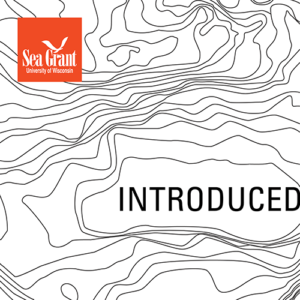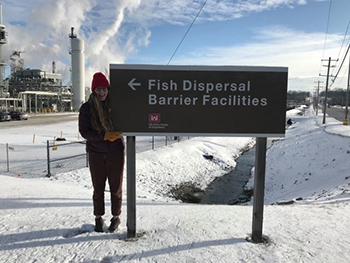First-ever transit service hovercraft in North America plans to hit the water in summer 2023
More modern versions have switched to a more conventional diesel engine, much quieter and much more fuel- efficient.
The post First-ever transit service hovercraft in North America plans to hit the water in summer 2023 first appeared on Great Lakes Echo.Great Lakes Echo
http://greatlakesecho.org/2023/02/23/first-ever-transit-service-hovercraft-in-north-america-plans-to-hit-the-water-in-summer-2023/


